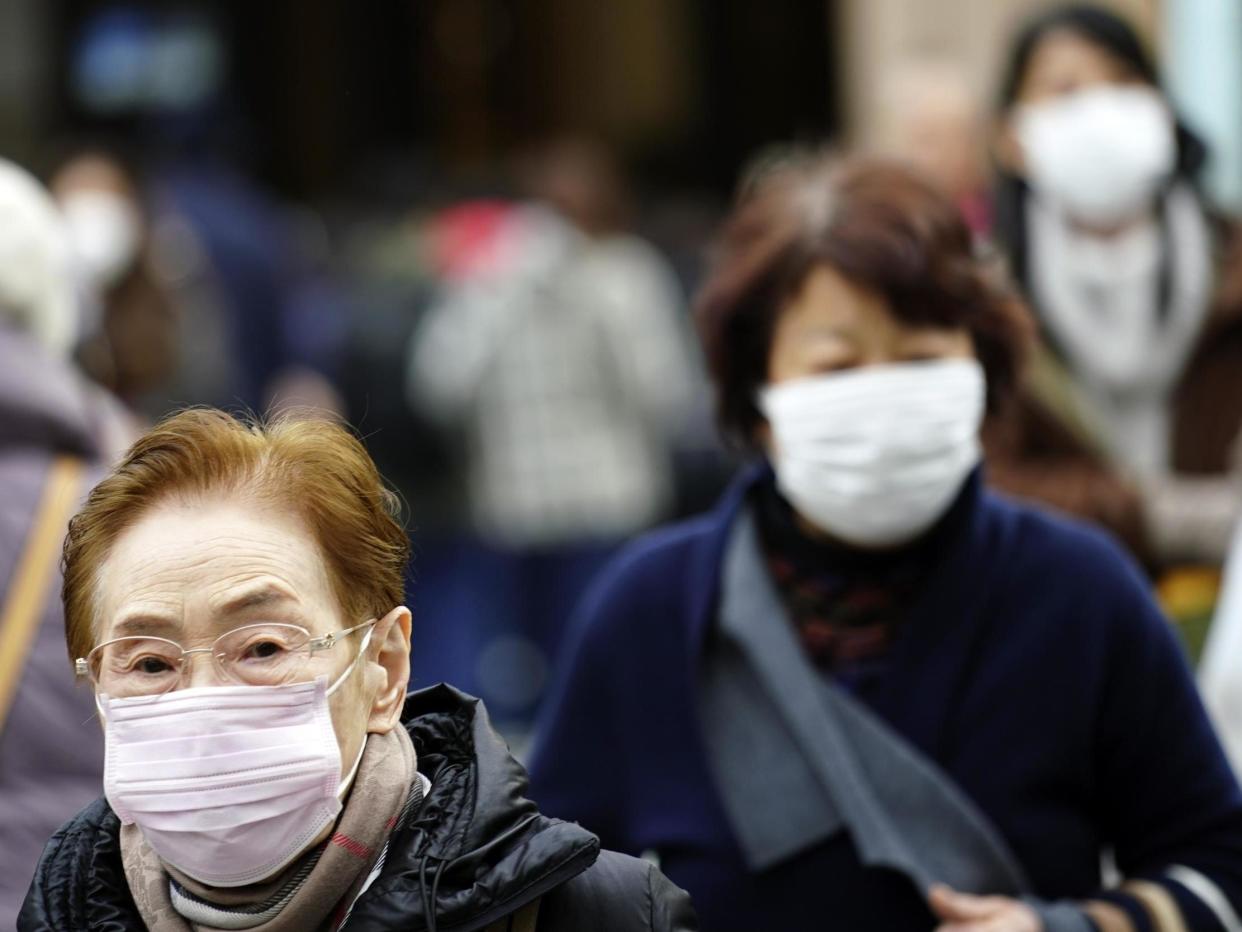Chinese virus: Several US airports to screen travellers after mysterious outbreak

Passengers travelling from China into Los Angeles, New York City and San Francisco airports will be subject to "enhanced" screenings after an outbreak of mysterious coronavirus has killed two people and sickened more than 40 others.
Travellers entering the US from direct and connecting flights through Wuhan will undergo entry screening at three American airports beginning this weekend, according to the Centres for Disease Control and Prevention.
Chinese authorities report that patients in the outbreak area were exposed to large seafood and meat markets, suggesting an animal-to-person spread of the virus, which was first reported in Wuhan late last month and reportedly spread to Thailand and Japan.
Some patients reported that they didn't visit any animal markets, suggesting to health officials that the virus has spread through person-to-person contact.
The CDC reports that Chinese authorities have reported "several hundred health care workers caring for outbreak patients are being monitored" and there are no reports of the virus spreading to health care workers.
One hundred health workers are being deployed to assist screenings at Los Angeles International Airport (LAX), San Francisco International Airport (SFO), and John F Kennedy International Airport (JFK).
CDC staff will supplement existing officials at quarantine stations in those airports.
Travellers will be asked to fill out questionnaires about their symptoms, if any, and whether they've visited seafood or meat markets in the area.
Thermal scanners will also be used to detect fevers.
Roughly 60,000 people travel from Wuhan into the US each year. JFK and SFO receive direct flights from Wuhan.
Coronavirus causes respiratory illnesses like colds and pneumonia.
In 2003, a version of a coronavirus led to an outbreak of severe acute respiratory syndrome, or SARS, which was first discovered in China and spread globally, impacting more than 8,000 people and killing 800.
Another coronavirus outbreak of Middle East respiratory syndrome, or MERS, also known as camel flu, first appeared in the region in 2012 and has been identified in 27 countries. World health organisations report that 30 to 40 per cent of people who were infected with the virus have died.
Last week, the CDC updated its advisory to travellers in Wuhan to "practise usual precautions". The health agency reports that Americans' risk of exposure to the latest coronavirus is currently "deemed to be low".
Read more
Second death from Sars-like virus as new case discovered in Thailand
New SARS virus could spread between humans, warns China
Thailand sees first case of SARS-like virus linked to China outbreak
Mystery China virus is from same family as Sars, scientists say

 Yahoo News
Yahoo News 
